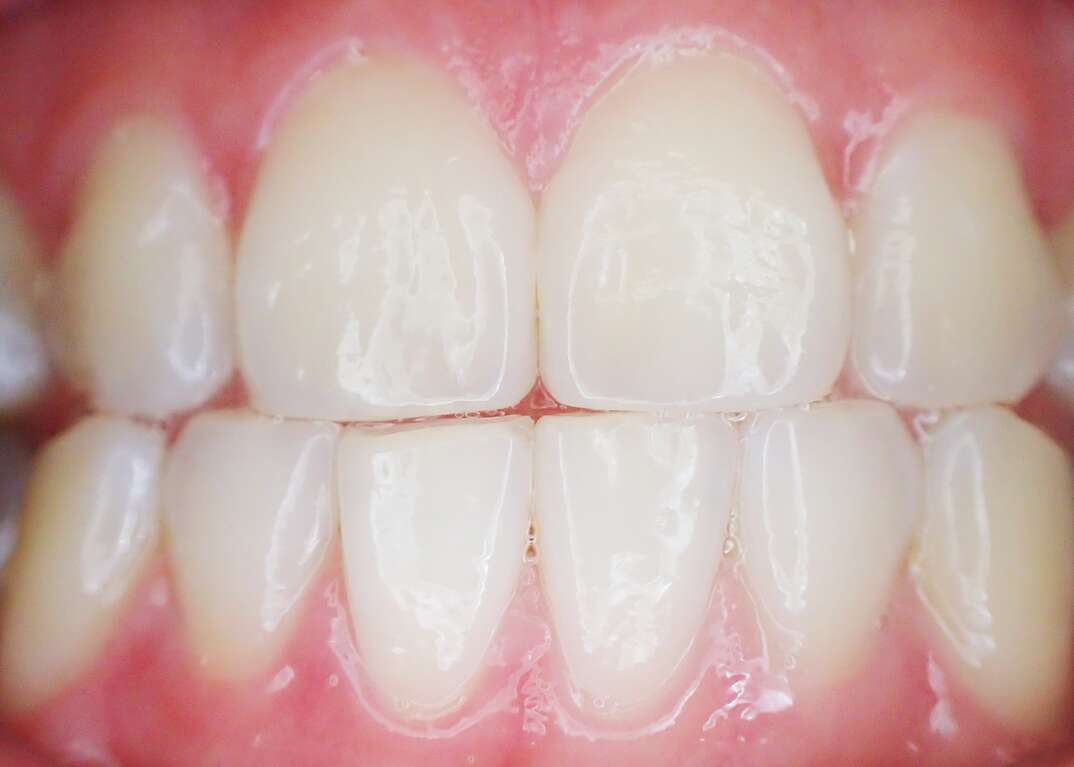How Much Do Dental Implants Cost?

The sound of a cracking tooth or sudden pain in your mouth can make you cringe — and not just because of the pain in your mouth, but also the pain fixing the tooth may cause to your wallet.
Unfortunately, natural teeth don't always last a lifetime. Injury, illness or poor tooth enamel can lead to major dental problems and lost teeth. Modern treatment options, such as dental implants, are nearly indistinguishable from natural teeth. However, these treatments can be more expensive than traditional treatments, and many factors can impact dental implant costs.
What Is a Dental Implant?
Dental implants are typically made from titanium and can replace teeth that are missing or damaged beyond repair. Surgery is required to place the implants, but the exact procedure can vary based on your needs. Dental implants can replace one or many teeth. In many cases, the procedure must be done in several steps and takes several weeks or months to complete.
Preparing for the Procedure
The process will begin with a thorough exam to determine if dental implants will help you. A dentist or oral surgeon must remove any existing damaged teeth before implants can be placed. The doctor may consider whether your jaw and gums are healthy enough to support implants. If your jawbone is too weak or damaged for an implant, bone graft surgery may be required before the surgeon can place the implants.
The Implant Procedure
A surgeon will need to place your implants, and this is often done while you're under anesthesia. Dental implants serve as a new tooth root, so the surgeon will drill into your jawbone and insert the implant.
Surgeons often wait weeks or months before moving to the next part of the implant procedure. Waiting gives the titanium implant time to fuse with your jawbone, creating a solid base for your new tooth. The fusing process is called osseointegration. You may receive a temporary denture or retainer to use while you wait.
Once the implant has been integrated, the surgeon will place an abutment, a metal post connecting the implant to an artificial tooth. This requires minor oral surgery, as the surgeon must cut your gums. Finally, the new artificial tooth, similar to a dental crown, can be placed on the abutment.
According to Good Rx, a single dental implant costs between $3,500 and $7,000 without insurance. The per-tooth cost can be less if you need more than one implant because many parts of the procedure can be consolidated. For example, the surgeon will likely only need to place you under anesthesia once to insert the implants, instead of doing a separate procedure for each tooth.
Occasionally, health or dental insurance will cover the cost of dental implants. However, many dental insurance plans don't cover implants and consider them a cosmetic procedure. These plans may cover less permanent options, such as dental bridges or traditional dentures. However, insurance may reduce the cost of dental implants if the full cost isn't covered. Insurance may cover parts of the treatment, such as preliminary exams and X-rays.
How Much Does a Full Mouth of Implants Cost?
The cost of full-mouth dental implants without insurance can be around $56,000. Although this is expensive, the cost per tooth is significantly less than when getting a single dental implant.
As with a single implant, insurance may not cover the costs. Insurance is more likely to cover implants when healthy teeth are lost due to an accident or a disease, such as oral cancer. Many oral surgery centers offer payment plans to patients without dental coverage.
What Factors Impact How Much Dental Implants Cost?
Dental implants can be expensive since the procedures take time and require surgery. Several factors can impact the final cost, including:
- Treatment to remove damaged teeth
- Whether a bone graft is needed
- Types of materials used for the implants and artificial teeth
- How many implants are needed
Sometimes complications can lead to additional costs. Potential complications include:
- Infections
- Excess swelling
- Implants that don't fuse properly
- Nerve damage
- Damage to adjacent teeth
Although dental implants can be expensive, implants have a good success rate and can offer long-term tooth replacement.
Elocal Editorial Content is for educational and entertainment purposes only. The information provided on this site is not medical advice. Editorial Content is not intended to be used for diagnosis or treatment. We are not physicians or a substitute for advice from a physician. The opinions, beliefs and viewpoints expressed by the eLocal Editorial Team and other third-party content providers do not necessarily reflect the opinions, beliefs and viewpoints of eLocal or its affiliate companies. Use of the Blog is subject to the
Website Terms and Conditions.The eLocal Editorial Team operates independently of eLocal USA's marketing and sales decisions.



